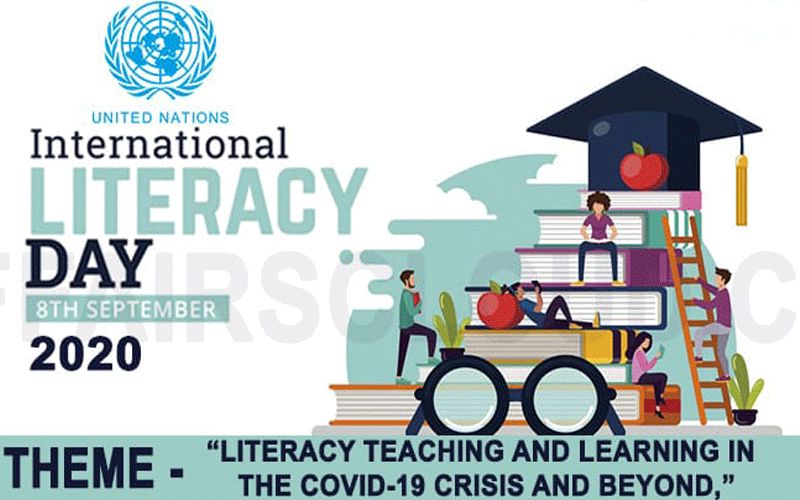Tombura-Yambio, 10 September, 2020 / 10:23 pm (ACI Africa).
On International Literacy Day celebrated September 8, a South Sudanese Bishop has challenged young people in South Sudan to invest in reading to gain knowledge to help build the East-Central African country, cautioning against the growing tendency of the youth in the nine-year-old nation to assign themselves academic titles not conferred upon them by institutions of higher learning.
In his message on Tuesday, September 8, Bishop Hiiboro Kussala of South Sudan’s Tombura-Yambio Diocese advises the youth to increase their knowledge by reading books, which he said are “a collection of ideas and research put together.”
“I want to appeal to our young people to have time to read; never spend a whole day without reading. Get a book and read it,” Bishop Hiiboro says, and explains, “If you have a phone with Internet, go to Google, get information and read the books that are available online, among them the Bible.”
Acknowledging the efforts of those who have written about the history of South Sudan and literature, the South Sudanese Prelate says, “Let us develop this culture of writing; though people have written a lot of information about us, we in South Sudan need to begin writing from our point of view and what we know about our country and communities.”
“To end this syndrome of illiteracy within our place, South Sudan, let us embark in a special way to make policies that really protect the quality of education that can promote and instill the desire for learning,” the Local Ordinary of Tombura-Yambio Diocese says.








